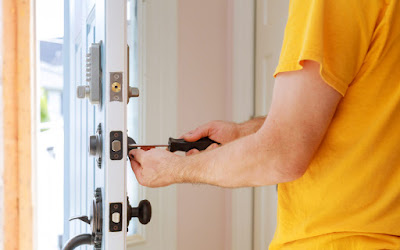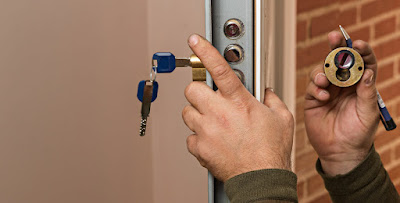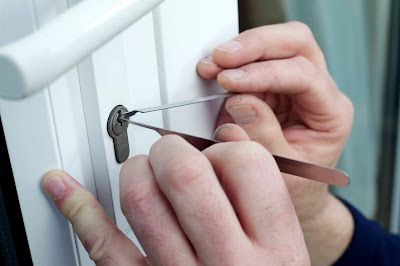How Do You Select the Best Safe for Your Office?
What type of safe do you need?
There are many factors to consider when choosing a safe. First, you need to decide how much cash and valuables you're going to store in it. Next, determine what kind of space you have available for your safe—is it going to be permanent or temporary storage?
Finally, think about how often the safe will be used: if it's just for occasional office use, then a smaller model may suffice; however, if it's going to be accessed daily by multiple people who need access quickly and easily, then go for something larger with more features.
How will I use the safe?
How many people will be using the safe? If it's a single person or just a few people, then a small-sized safe should do the trick. But if it's an entire office full of employees with lots of valuables that need to be kept secure, then you may want something larger and more secure.
How often will the safe be accessed? This one is pretty straightforward: if someone is going to access your safe several times throughout their workday every day (or even multiple times per week), then they probably shouldn't have access to one that requires too much effort on their part when they need it most—especially since these types of safes tend not to come with keys or biometric readers either so there really isn't another way out except opening up the whole thing and getting into your stuff yourself!
What are the size requirements of my safe?
You should also consider the size of your Safes Adelaide. How many items do you need to store? Will the safe be for cash, documents and other valuables? Will it be used for personal safety? The size of your safe is determined by these factors and more. For example, if you want to store valuables such as jewellery, watches and coins, then a smaller gun safe may be sufficient. If you want to protect your identity documents, such as social security cards, then this would require a larger gun safe or even a fireproof document storage box.
Generally speaking, there are two types of safes: small ones that fit in your pocket or purse (mini) and large ones that can hold big items like televisions or even cars! Depending which type will work best for your needs will depend entirely on how much space is available within your office premises, so take some measurements before making any final decisions about what type would suit you best without taking up too much floor space inside the building itself but still being accessible enough so no one else can get past without having their own key card access code programmed into them (which might include yourself).
Does the safe have a fire rating?
We've all heard about the importance of fire ratings for safes. But what exactly does a fire rating mean?
A fire rating is used to indicate how well a safe will resist heat and flames over a certain period of time. In other words, it's an indicator of how long your valuables can be protected in case of a house fire or other situations where you might want to keep them safe from harm. Fire ratings are rated in terms of minutes, hours, days and even weeks depending upon the type of material used in building them (for example steel or concrete).
How do you choose the right fire rating for your needs? The first step would be determining which items need protecting because they're likely to suffer damage at different rates during fires. For example, cash will usually burn up very quickly, whereas electronics may survive longer if placed inside waterproof bags before being stored in a high-quality safe with good ventilation features (i.e., air vents).
Where will I put my safe?
Before you can start shopping for a safe, it's important to ask yourself some questions about where you'll be putting it and how much space you have. There are a few things to consider:
How much weight can the floor bear? If you're going to be storing guns, paper money or other heavy items in your safe, they need to be supported by something very strong. Otherwise they could fall through and cause damage or injury.
How much weight can the wall bear? If there isn't any room behind the safe (for example if it's being placed against a wall), then that means that all of its weight will be carried by one surface and that surface will eventually give way under pressure.
Conclusion
There are many factors to consider when buying Safes Adelaide for your office – including size and the fire rating. But if you keep these tips in mind, you can find the perfect safe for your needs.




Comments
Post a Comment